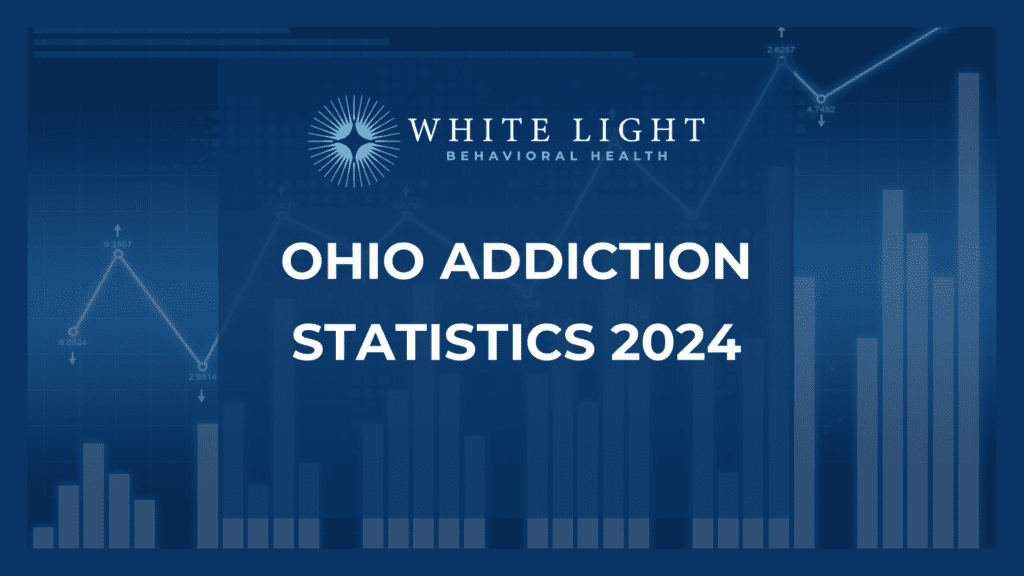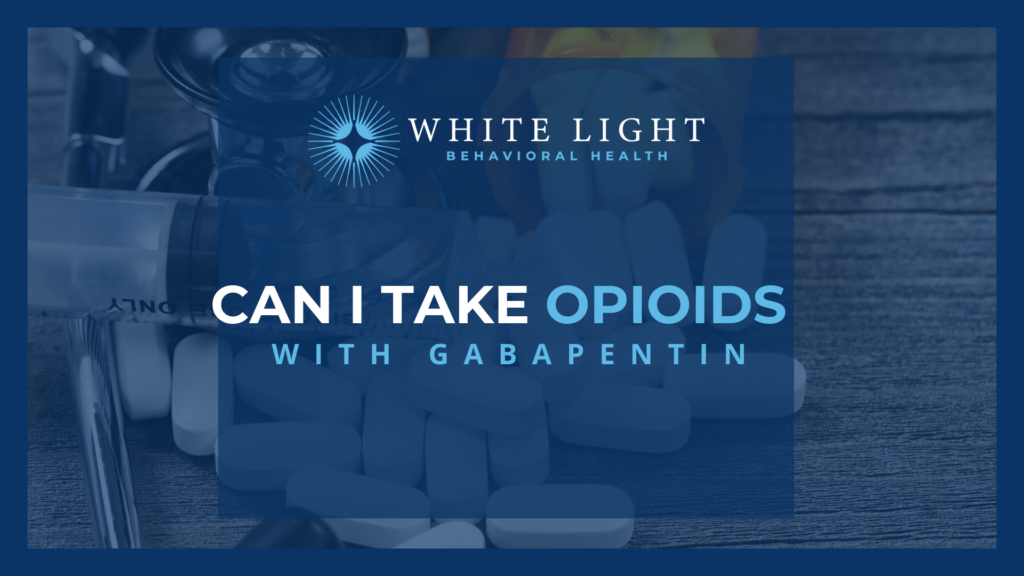Methamphetamine, commonly known as meth, is a highly addictive and potent central nervous system stimulant. The crystalline form was first created in 1919 by Japanese chemist Akira Ogata, and its history spans both medicinal and illicit uses. Meth gained notoriety in the 1980s, with a sharp increase in underground production and misuse. In the United States, the 2020 National Survey on Drug Use and Health reported that approximately 2.5 million people age 12 or older used meth in the previous year. Meth use is a significant public health concern, leading to devastating consequences for individuals, families, and communities worldwide.
What Is Meth Withdrawal?
Methamphetamine increases dopamine levels in the brain, resulting in intense feelings of euphoria, increased energy, and heightened focus. It also blocks dopamine reuptake, leading to excessive amounts in the brain. When meth use stops, dopamine levels drop drastically, causing withdrawal symptoms. The body and brain must readjust to the absence of meth, triggering physical and psychological symptoms as the system attempts to regain equilibrium.
How Long Does Meth Withdrawal Last?
Meth withdrawal typically lasts one to two weeks, with the first two withdrawal phases occurring within his period. However, some symptoms may persist for several months, at which point a third phase occurs. Here is a detailed description of each phase:
1. Acute Phase
The acute phase marks the initial stage of meth withdrawal and typically begins within 24 to 48 hours after the last dose. During this phase, the body begins to eliminate meth and adjust to its absence. The symptoms experienced are usually the opposite of the drug’s stimulant effects:
• Intense fatigue: Due to the overstimulation caused by meth, users may feel extremely tired and lethargic as the drug leaves their systems.
• Excessive sleep: Meth suppresses the need for sleep, and once this effect wears off, individuals may experience an overwhelming need to sleep for extended periods.
• Depression: Since meth affects the brain’s dopamine levels, users may experience a significant drop in their moods once the drug is no longer present, leading to feelings of depression and hopelessness.
2. Subacute Withdrawal Phase
This is the most challenging stage and lasts approximately one to two weeks. During this time, the body and brain continue to adapt to the absence of meth. Common symptoms include:
• Cravings: Intense cravings for meth can occur, driven by the brain’s desire to experience the drug’s pleasurable effects and alleviate withdrawal symptoms.
• Irritability: As the brain chemistry adjusts, users may become irritable, restless, and easily agitated.
• Anxiety and mood swings: Fluctuations in mood and increased anxiety are common, stemming from the brain’s attempts to rebalance itself.
• Sleep disturbances: Individuals may experience insomnia or disrupted sleep patterns, further exacerbating mood swings and irritability.
• Physical symptoms: Body aches, headaches, and gastrointestinal issues may also occur.
3. Protracted Withdrawal Phase
Though not everyone experiences protracted withdrawal, some individuals may face lingering symptoms for several months after the subacute withdrawal phase. These symptoms are often psychological and include:
• Anxiety: Persistent anxiety may continue as the brain slowly returns to normal functioning.
• Depression: Lingering depression can result from lasting changes to brain chemistry and the challenges of adjusting to a life without meth.
The duration of each phase varies depending on various individual and biological factors. Professional guidance is recommended to manage withdrawal symptoms effectively and minimize the risk of relapse.
Factors Affecting the Duration of Meth Withdrawal
While some meth users experience euphoria, increased energy, and intense focus, others may exhibit paranoia, anxiety, and aggression. This variability highlights the unpredictability and potential dangers of meth use with the risk of addiction and severe health consequences looming for all users. The duration of meth withdrawal is unpredictable as well. Here are a few factors that impact how long meth withdrawal might last.
Severity of Addiction
Heavy and long-term users often develop a higher dependence on the drug, causing more intense withdrawal symptoms when they stop misuse. The brain and body may take longer to adjust to the absence of meth, resulting in a prolonged withdrawal process. In contrast, those with milder addictions may experience less severe symptoms and a shorter withdrawal duration. Their systems are less reliant on the drug and can quickly regain balance.
Duration of Meth Use
As the brain’s neurotransmitter levels and neural pathways change during long-term meth use, it may take longer for these systems to return to normal once the drug is no longer in the body. Long-term users often experience more prolonged and severe withdrawal symptoms when compared to short-term users. This occurs because the brain and body have become more accustomed to the presence of the drug over time, and eliminating it from the system requires more significant adjustments.
Frequency of Meth Use
Individuals who frequently use meth may develop a stronger dependence on the drug. Their brains and bodies begin to rely on meth to function, making the withdrawal process more challenging. Frequent meth use leads to rapid changes in brain chemistry, particularly in dopamine levels. As a result, when frequent users stop taking the drug, their brains and bodies require more time to readjust and return to a balanced state. On the other hand, those who use meth less frequently may experience fewer withdrawal symptoms and a shorter withdrawal period because their systems have not become as reliant on the drug’s effects.
Individual Metabolism
Metabolism refers to the rate at which the body processes substances, including drugs like methamphetamine. Each person’s metabolism varies, and this can impact the duration of meth withdrawal symptoms. Genetic factors, age, and overall health can influence an individual’s metabolic rate. A person with a faster metabolism may process and eliminate meth more efficiently, allowing their brain and body to adjust to the absence of the drug more rapidly. This may result in a less intense withdrawal experience. Conversely, a slower metabolism might prolong the withdrawal process because the body takes longer to clear meth and adjust to its absence.
Overall Physical Health
A healthy person with a robust immune system, good nutritional status, and regular exercise habits may recover more quickly from withdrawal symptoms. Their body is better equipped to handle the stress of detoxification and the readjustment process. In contrast, individuals with poor physical health, including chronic illnesses or weakened immune systems, may experience a more prolonged and challenging withdrawal process. Their bodies may struggle to cope with the stress of detoxification and take longer to regain equilibrium.
Treatment Options for Meth Addiction
The recovery process can be challenging and often involves intense withdrawal symptoms and fatigue. It takes determination, commitment, and the willingness to stick to treatment to overcome addiction. Individuals in recovery have to work closely with medical professionals and therapists to develop a comprehensive treatment plan. With proper care and support, individuals can successfully overcome addiction and achieve long-term recovery. Here are several components of a meth addiction treatment program:
Behavioral Therapy
Behavioral therapy is a form of treatment that focuses on modifying negative patterns of behavior and thoughts associated with addiction. In the context of methamphetamine addiction, cognitive-behavioral therapy (CBT), contingency management, and motivational enhancement therapy are some of the most effective forms of behavioral therapy. CBT helps individuals identify and change negative patterns of thinking and behavior that contribute to meth use, and contingency management incentivizes individuals to abstain from drug use. Motivational enhancement therapy helps individuals identify and strengthen their will to overcome addiction. These forms of behavioral therapy aim to help individuals develop coping skills to manage cravings and learn strategies to prevent relapse.
Medication-Assisted Treatment (MAT)
Medication-assisted treatment (MAT) involves using medications to manage withdrawal symptoms and reduce cravings. Buprenorphine and naltrexone are sometimes used for MAT to treat methamphetamine addiction. Buprenorphine is a partial opioid agonist that can reduce withdrawal symptoms and cravings, and naltrexone is an opioid antagonist that blocks the effects of opioids in the brain, reducing the pleasurable effects of methamphetamine use. While medication-assisted treatment can effectively reduce drug use and improve overall health outcomes, it is not a cure for addiction and requires ongoing support and monitoring.
Residential Treatment Programs
These programs provide a highly structured environment for individuals struggling with methamphetamine addiction. They offer multiple services, including medical and psychiatric care, individual and group therapy, and support for developing healthy habits and coping skills. The goal of a residential treatment program is to provide individuals with the skills and resources they need to overcome their addictions and successfully reintegrate into society. These programs typically last for several months and provide a supportive community of individuals who are also in recovery. While residential treatment can be highly effective, it is also a significant commitment that requires individuals to put their lives on hold for an extended period.
Support Groups
Support groups such as Narcotics Anonymous (NA) and Crystal Meth Anonymous (CMA) provide a community of individuals who understand the struggles associated with addiction. These groups offer a range of resources and tools for managing methamphetamine addiction, including group meetings, mentorship programs, and educational materials. Support groups can help individuals stay motivated in their recoveries, provide a safe and non-judgmental space to discuss their experiences, and offer opportunities to help others in their recovery journeys. Participation in support groups can also be used as a form of aftercare, assisting individuals to maintain their sobriety after completing treatment.
Holistic Therapies
Holistic therapies such as yoga, meditation, and acupuncture can be used as complementary treatments to traditional addiction therapies to help manage methamphetamine addiction. These therapies focus on the mind-body connection and aim to promote relaxation, reduce stress, and control cravings associated with addiction. Yoga and meditation can help individuals develop mindfulness and self-awareness, and acupuncture stimulates the release of endorphins to reduce pain and promote a sense of well-being. Holistic therapies can also help individuals develop healthy habits and coping skills to prevent relapse.
Frequently Asked Questions
1. How Does Methamphetamine Withdrawal Differ From Withdrawal From Other Substances?
Unlike opioid withdrawal, which is characterized by physical symptoms such as nausea, vomiting, and body aches, methamphetamine withdrawal is more often associated with psychological symptoms such as depression, anxiety, and fatigue. Additionally, methamphetamine withdrawal can last longer than withdrawal from other substances, continuing for several weeks or months.
2. What Is the Exact Period for Overcoming Meth?
There is no defined clinical period for officially overcoming methamphetamine addiction. Recovery is a lifelong process that requires ongoing commitment and effort. However, individuals who have abstained from methamphetamine for a year or more may be considered to have achieved “long-term sobriety.” It’s important to remember that recovery is a highly individual process, and there is no one-size-fits-all approach to achieving and maintaining sobriety.
3. Can Methamphetamine Withdrawal Be Dangerous or Life-Threatening?
Methamphetamine withdrawal can be a challenging and uncomfortable experience, but it is not usually considered life-threatening. Individuals with underlying medical conditions or a history of severe methamphetamine use may require medical monitoring or hospitalization during withdrawal.
4. How Can Medical Professionals Help Manage Methamphetamine Withdrawal Symptoms?
Medical professionals can prescribe medications such as benzodiazepines or antidepressants to manage symptoms such as anxiety, depression, and insomnia. In addition, they can provide medical monitoring and support to address any physical symptoms associated with withdrawal, such as nausea or headaches. They can also offer guidance on healthy lifestyle changes and coping strategies to help manage cravings and reduce the risk of relapse.
Meth addiction and withdrawal, though challenging, can be overcome. Individuals can achieve long-lasting recovery with proper support and a comprehensive treatment plan. At White Light Behavioral Health, we provide a tailored approach that addresses the unique needs of each client. We are a drug and alcohol treatment center in Ohio that offers top-notch facilities, creating a comfortable and healing environment for recovery. Our team of experienced professionals and therapists utilize years of expertise to deliver personalized treatment plans. If you are struggling with methamphetamine addiction or know someone who is, don’t wait any longer. Take the first step toward recovery today by contacting White Light Behavioral Health.

Share This Post



